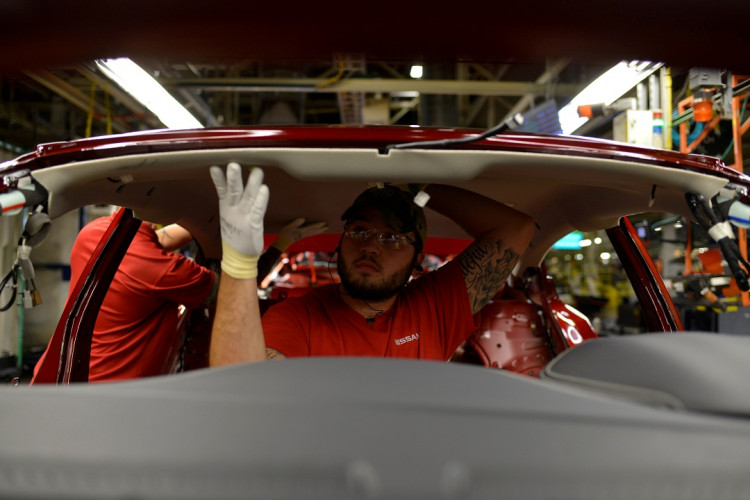Major car manufacturers across the globe are expected to cut more than 80,000 jobs in the coming years in an effort to both cut expenses and to offset spending on major technological transitions. Over the past few weeks, manufacturers such as Daimler and Audi have announced plans to cut 20,000 jobs with other manufacturers expected to make similar moves.
The global car market is currently undergoing a major technological transition, with most companies now investing billions to shift to electric mobility. However, this transition has been made very difficult due to shrinking global demand and the overall global economic slowdown.
Most manufacturers from Germany, the United States, and the United Kingdom has announced plans of scaling back operations. These countries are the most affected by the current geopolitical trade tensions. However, it seems like smaller economies aren't immune to the repercussions of the ongoing disputes as more carmakers from other countries are now considering scaling back operations.
Daimler and Audi's decision comes at the heels of major job cuts made by other major automakers such as General Motors, Nissan Motor, and Ford Motor over the past year. The massive retrenchments have been seen as a direct result of the industry's continued struggle amid rising trade tensions and tariffs that have raised costs and made global investments a challenging pursuit.
Apart from the struggling auto industry, one of the key reasons for the massive overhaul of the companies' workforce has been the accelerate shift into electrification. Global carmakers are now being pressured to quickly change gears to catch up with competitors that have already shifted to electric mobility and new fully-electric startups such as Telsa and Rivian.
The coming of the era of electrification has forced car manufacturers to reassess their current workforce amid the increasing use of technologies such as autonomous driving, artificial intelligence, ride-on-demand services, and 5G communication networks. The integration of these technologies into products and their manufacturing process will significantly change the working environment for most carmakers.
With the massive workforce layoffs and the slow transition to electrification, output from global automakers are expected to drop in the coming years. According to HIS Markit, the global auto industry is expected to produce around 88.8 million cars and light trucks this year. This is a 6 percent drop from the number of vehicles produced last year.
Analysts have stated that carmakers are now shifting their focus on coming up with cost-saving plans to mitigate margin erosion due to the added spending and costs. Creating an entirely new fully-electric the platform will be very expensive and smaller manufacturers will likely not be able to make the jump without making big sacrifices.






